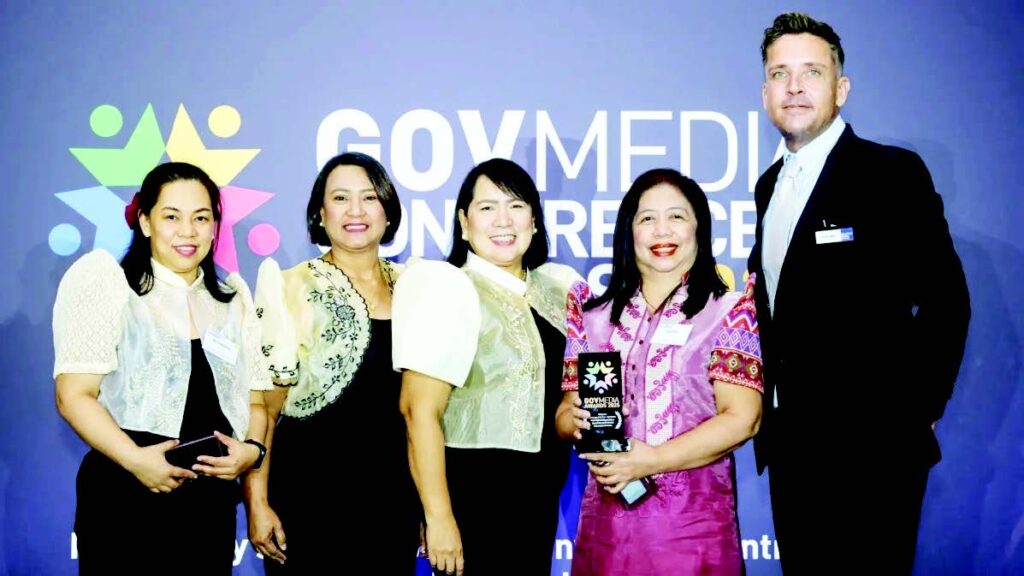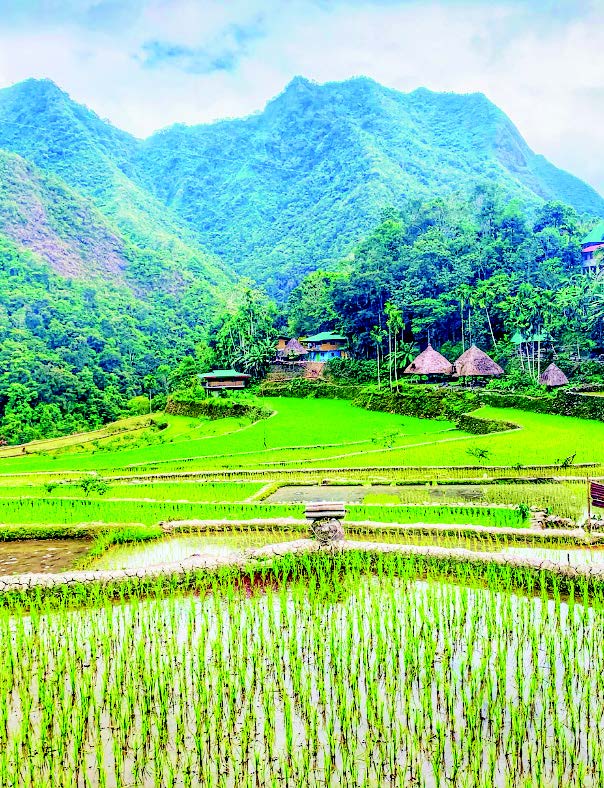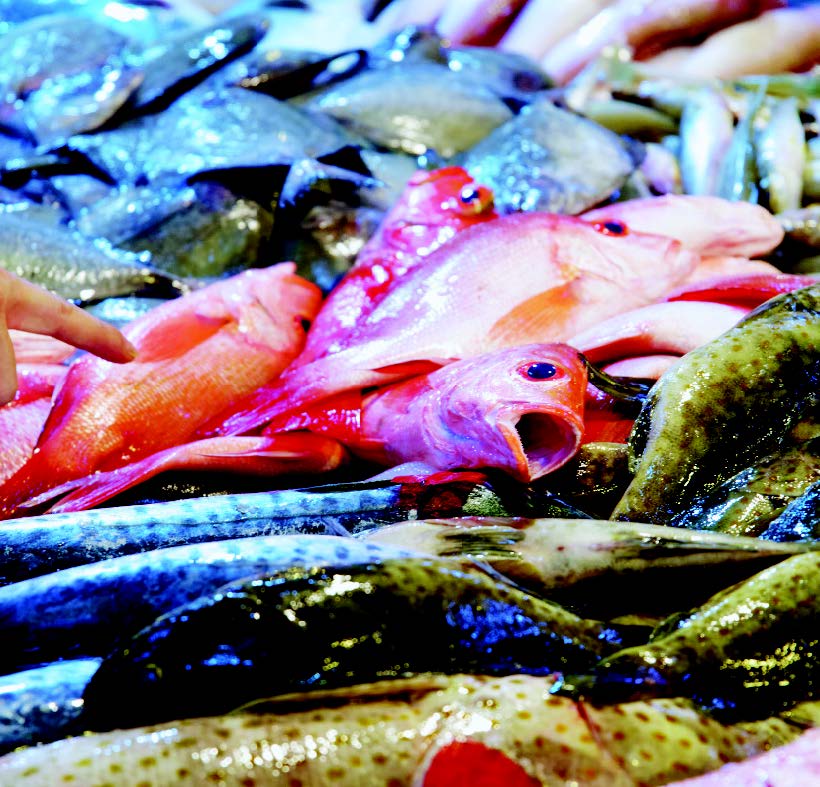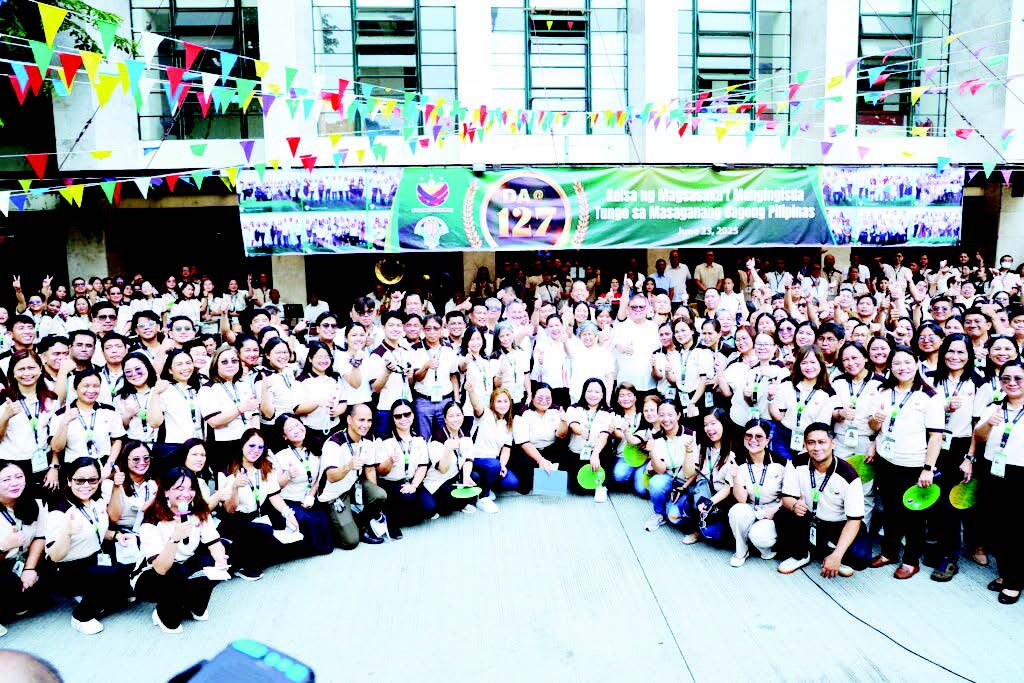This June, the Department of Agriculture (DA) celebrates a significant milestone—its 127th anniversary. What began as a modest government office has evolved into the backbone of the nation’s food security and rural development efforts. The agency’s journey reflects the determination and ingenuity of countless Filipino farmers and fishers who have shaped the country’s agricultural landscape.
The first six months of 2025 have proven particularly eventful, marked by unprecedented production targets, scientific breakthroughs, and renewed efforts to strengthen farming communities across the archipelago.

Unprecedented production targets take center stage
The DA entered 2025 with an extraordinary objective: achieving rice production of 20.46 million metric tons—a figure that would shatter all previous records in Philippine agricultural history. This ambitious target extends far beyond statistical achievement; it embodies the hopes of countless rice farming families and represents the nation’s determination to achieve food self-sufficiency during increasingly uncertain global conditions.
Secretary Francisco P. Tiu Laurel Jr. has championed these initiatives, consistently highlighting the critical need to stabilize food costs and eliminate supply chain bottlenecks. The DA’s comprehensive approach includes establishing sophisticated cold storage facilities and creating specialized production centers, with particular emphasis on highly perishable items such as fresh vegetables and fruits. These strategic investments aim to minimize post-harvest waste while ensuring consistent food availability throughout the year, transforming the concept of universal food access from aspiration into achievable reality.
Scientific innovation drives agricultural progress
Scientific advancement has consistently defined the Department’s methodology, and 2025 has witnessed extraordinary developments in agricultural research. The agency’s research divisions, particularly institutions such as PhilRice, have successfully created innovative rice varieties capable of surviving multiple environmental challenges—including prolonged droughts, devastating floods, and persistent pest infestations. These developments provide farmers with essential tools to navigate the increasingly unpredictable consequences of climate change.
The Rice Competitiveness Enhancement Fund (RCEF) Seed Program stands out as a particularly impressive accomplishment, having increased agricultural productivity for more than 1.2 million farmers throughout the country. This initiative goes beyond merely improving crop yields; it equips farmers with the resources necessary to remain competitive in a rapidly evolving agricultural environment.
International recognition of Philippine agricultural research continues to expand. By 2022, agricultural innovations developed in the Philippines were being referenced and applied in 53 different countries worldwide. This global acknowledgment demonstrates the Philippines’ emerging leadership role in advancing agricultural science both domestically and internationally.


Technology meets tradition in modern farming
Understanding that agriculture’s future depends heavily on engaging younger generations, the Department has introduced several technology-focused programs designed to attract emerging talent while modernizing traditional farming practices. During the 2025 Sustainable Agriculture Forum, officials presented innovative tools including the Binhing Palay mobile application and the Rice Crop Manager system, both providing farmers with instant access to crucial data and customized agricultural recommendations.
Specialized programs such as AgriKids and the Digital Farmers Program specifically target technology-oriented young people, working to demonstrate that agriculture can be both innovative and rewarding for future generations. These initiatives represent a fundamental transition toward environmentally conscious, scientifically grounded, and digitally enhanced agricultural systems.
Grassroots impact creates lasting change
The most compelling developments of 2025 emerge from rural communities, where farmers and fishers are experiencing direct benefits from Department programs. The agency’s Agriculture and Fisheries Information Division (AFID) Information Caravan initiative, operational since 2017, received recognition as the Philippines’ Campaign of the Year in Agriculture at the 2025 GovMedia Conference and Awards. This comprehensive outreach effort has successfully connected with over 11,000 households and 6,000 students across 21 provinces, delivering essential training, assistance, and current information directly to those who need it most.
The Information Caravan’s remarkable success has motivated similar programs throughout various government agencies, creating a multiplier effect that extends agricultural development benefits nationwide. For numerous rural communities, these programs provide essential support—offering practical knowledge, resources, and opportunities needed to succeed in challenging circumstances.
Anniversary celebration emphasizes collective action
The Department’s 127th anniversary celebration on June 23, 2025, served multiple purposes beyond simple commemoration—it functioned as a powerful call for cooperation and shared responsibility. The event’s theme, “Kaisa ng Magsasaka’t Mangingisda Tungo sa Masaganang Bagong Pilipinas,” emphasized the agency’s dedication to collaborative partnerships with farmers and fishers in building a prosperous, food-secure nation.
A significant highlight included recognizing 101 loyalty awardees through the Program on Awards and Incentives for Service Excellence (PRAISE), honoring dedicated employees who have committed their professional lives to public service. The celebration also featured comprehensive displays showcasing various services and regional products from Department bureaus and affiliated agencies.
Sustainable practices shape future directions
As the Department advances through the remainder of 2025 and into subsequent years, environmental sustainability and climate adaptation remain central priorities. Innovative farming approaches, including the Agri 360 platform for virtual agricultural tours and the PAITAAS: Top 555 market-oriented production framework, are being expanded to ensure agriculture remains both economically viable and environmentally responsible.
In an era characterized by global uncertainty, the Department of Agriculture’s accomplishments during the first half of 2025 provide genuine optimism for the future. Through successfully combining traditional wisdom with cutting-edge innovation, and by strengthening both its workforce and the broader agricultural community, the DA continues developing a roadmap toward a more secure, sustainable, and prosperous Philippines—one harvest at a time.





